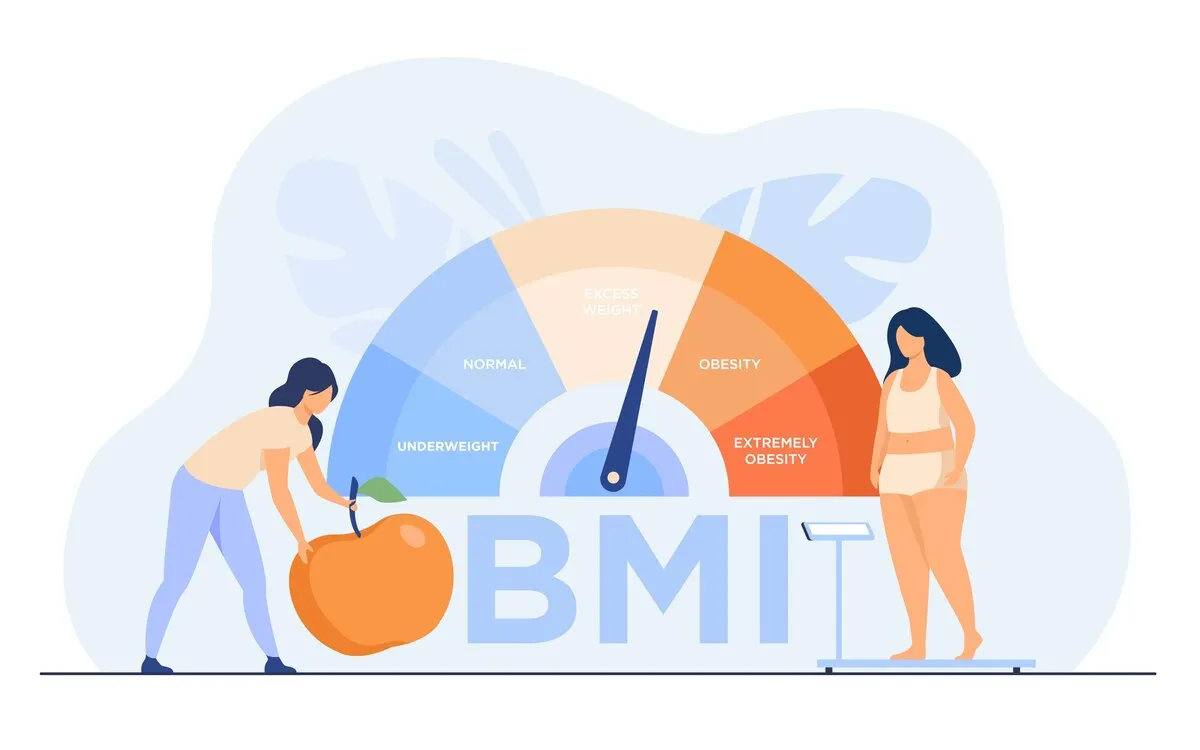


Calculate your BMI effortlessly by inputting your height and weight using either the metric or Imperial system. Click 'Calculate BMI' to determine whether you fall within a healthy weight range for your height.

Our bmi calculator tool prioritize safety and security, ensuring all conversions occur within SSL encryption for enhanced protection.

Users can access the functionalities of the bmi calculator tool without any associated costs, eliminating the requirement for sign-ups or software installations.

To calculate your BMI (Body Mass Index), divide your weight in kilograms by the square of your height in meters. The formula is BMI = weight (kg) / (height (m) * height (m)).
The Body Mass Index (BMI) is a measure of body fat based on your weight in kilograms and height in meters squared. It is used to assess whether a person has a healthy body weight in relation to their height.
The normal range for BMI is typically considered to be between 18.5 and 24.9. A BMI below 18.5 is considered underweight, while a BMI above 24.9 may indicate overweight or obesity.
A healthy BMI falls within the normal range, which is generally considered to be between 18.5 and 24.9. However, it's essential to note that BMI is just one measure of health and doesn't account for factors such as muscle mass or body composition.
To calculate body weight, you simply measure the mass of an individual using a scale. This measurement is typically expressed in kilograms (kg) or pounds (lb).
To calculate your body fat in kilograms, you first need to measure your body fat percentage using methods such as skinfold calipers, bioelectrical impedance analysis (BIA), or dual-energy X-ray absorptiometry (DEXA). Once you have your body fat percentage, you can multiply it by your total body weight to find the amount of body fat in kilograms.
© 2025 dconverter.org . All Rights Reserved.